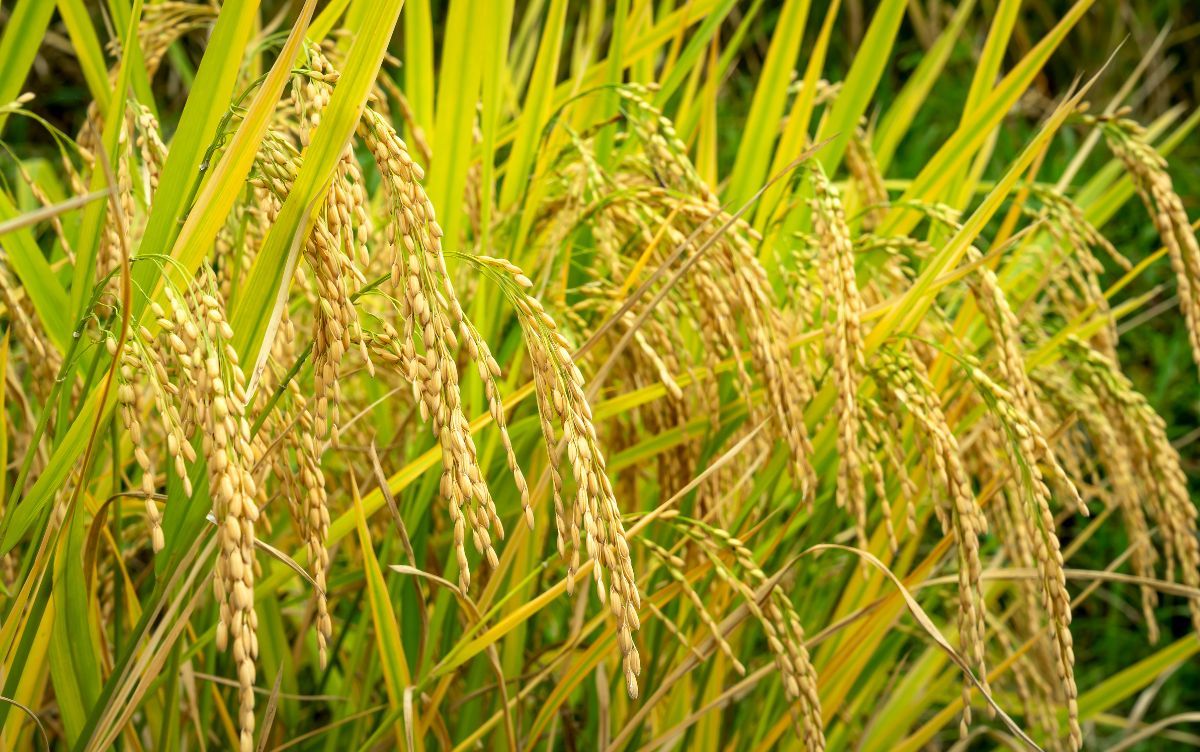Chinese Hybrid Rice Boosts Pakistan’s Agriculture
The Chinese-developed hybrid rice variety ‘Honglian’ is gaining strong ground in Pakistan, capturing nearly 40% of the hybrid rice seed market, according to Dr. Muhammad Ashfaq, agronomist at Punjab University. Speaking at a recent conference in Wuhan, he highlighted the crop’s resilience to climate stress and high yield potential, making it a vital solution for Pakistan’s agricultural challenges.

Developed by scientists at Wuhan University, the Honglian variety has already proven its worth globally and now plays a crucial role in Pakistan’s farming sector. In July, a new strain—HP4, co-developed by Wuhan University and Punjab University—was officially approved in Pakistan under the registered name ‘PU786’. Research indicates PU786 can increase yields from around 1,600 kg per acre to 5,600 kg, offering a transformative boost for local farmers.
This agricultural partnership, initiated in 2019 under the China-Pakistan Economic Corridor (CPEC), has produced impressive results. Initial trials showed Honglian outperforming top local strains by over 12%, leading to the establishment of a joint research centre in 2020. The collaboration has since expanded through agricultural bases, academic exchanges, and specialised training programmes.
Dr. Ashfaq emphasised that these efforts reflect a mutually beneficial cooperation, strengthening food security and productivity not only in Pakistan but also across other Belt and Road (BRI) countries. To date, Honglian hybrid rice has been cultivated on more than 45 million hectares worldwide, underlining its role as a cornerstone of sustainable agriculture.